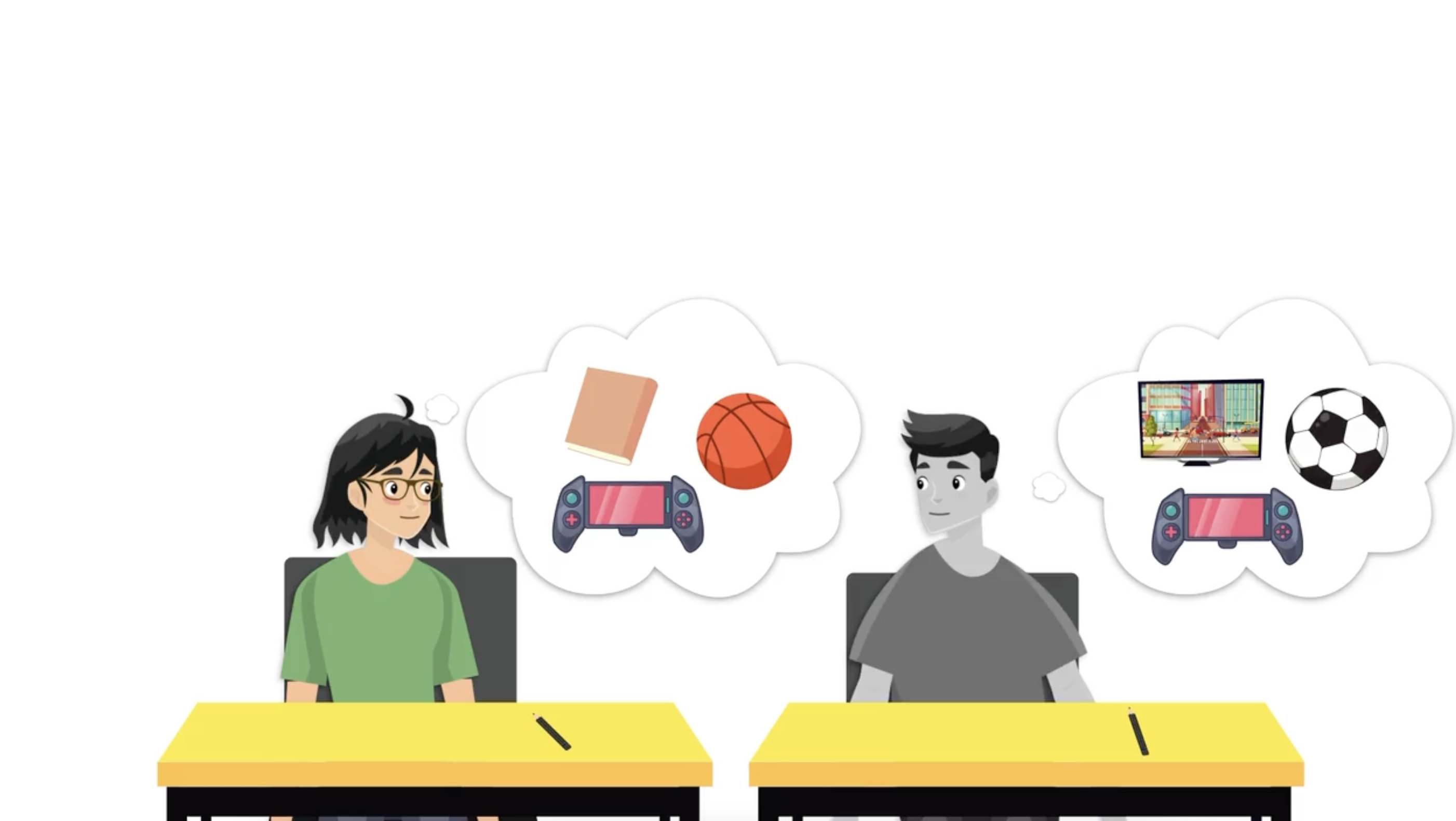
Introduction
Friendships play a crucial role in our lives, providing support, camaraderie, and personal growth. As educators, we can help students understand the importance of choosing friends who are a good fit and contribute positively to their well-being. This blog post will discuss the concept of finding friends based on common interests, shared experiences, and compatible personalities, while also incorporating principles of Social-Emotional Learning (SEL).
No-Prep Activity: Friend Finder
This activity requires no preparation or materials and encourages students to reflect on the qualities they value in a friend. Follow these steps to facilitate the Friend Finder activity:
- Ask students to form pairs or small groups.
- Invite each student to share one quality they appreciate in a friend, such as trustworthiness, kindness, or a good sense of humor.
- Encourage students to discuss why they value these qualities and how they contribute to a healthy friendship.
- Allow time for students to share their thoughts with the larger group and highlight common themes.
This activity enables students to reflect on the importance of finding friends who are a good fit and fosters a deeper understanding of the qualities that contribute to strong, meaningful connections.
Discussion Questions
- Why is it important to choose friends who are a good fit for us?
- How can shared experiences and common interests strengthen a friendship?
- What are some challenges you might face when forming new friendships, and how can you overcome them?
- How can you maintain a healthy balance between your own interests and those of your friends?
- What is the role of Social-Emotional Learning in building and maintaining friendships?
Related Skills
In addition to choosing friends who are a good fit, other relevant skills for students include:
- Empathy: Understanding and sharing the feelings of others.
- Active Listening: Paying close attention to what others are saying, asking questions, and engaging in meaningful conversations.
- Conflict Resolution: Addressing and resolving disagreements in a respectful and constructive manner.
- Communication: Expressing thoughts, feelings, and ideas clearly and effectively.
Next Steps
Encouraging students to find friends who are a good fit and nurturing their Social-Emotional Learning skills will help them form strong, lasting connections. To further support your students, access free sample materials for this skill and others by signing up at Everyday Speech. These resources can help educators create a supportive learning environment where students can foster meaningful friendships and develop essential SEL skills.





